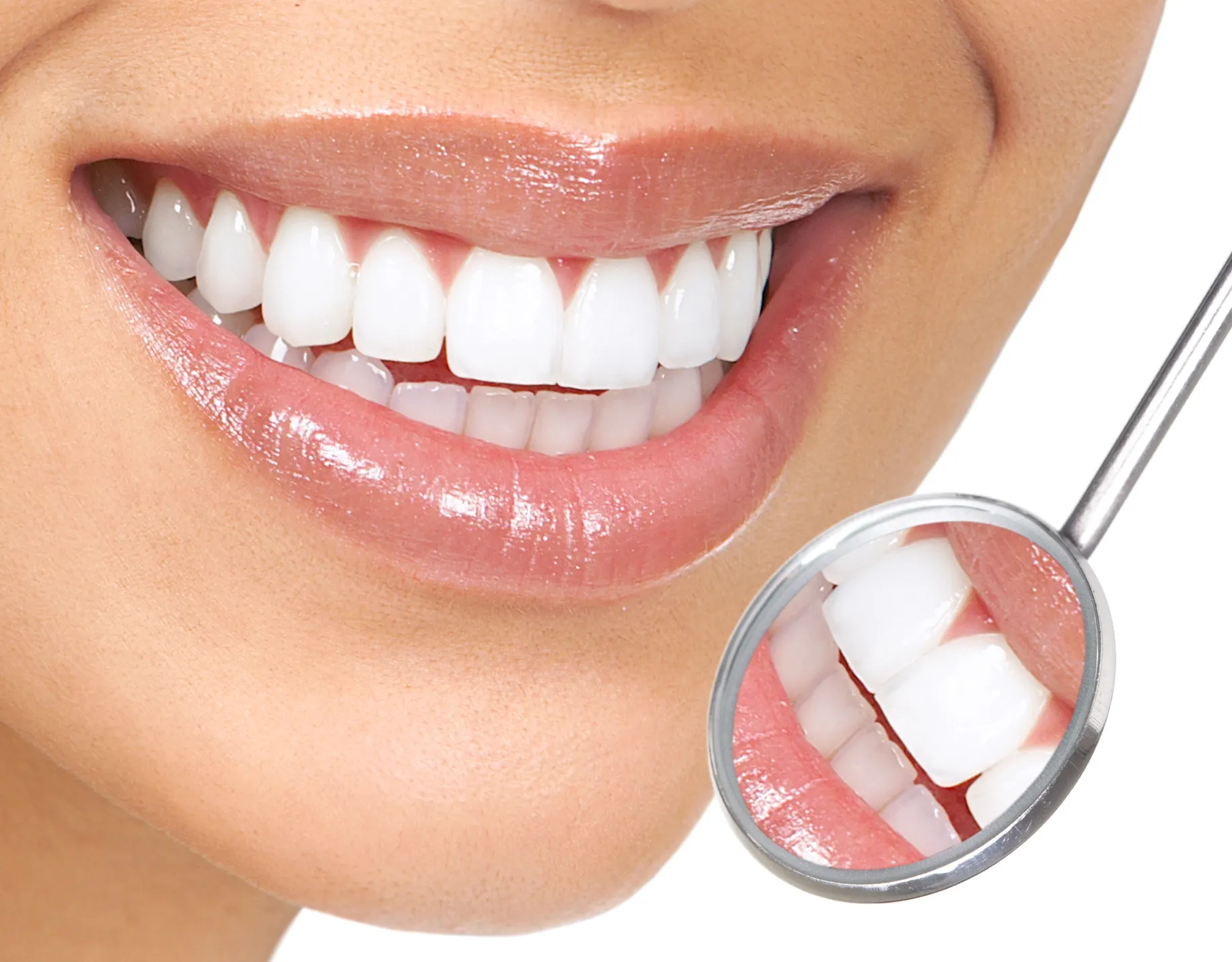Plaque is one of the most common complaints that often makes people take a trip to the dentists. Plaque forms when decay-causing bacteria attach to the surface of tooth enamel, forming a sticky film. This can build up and harden around tooth and gum margins. The bacteria living in the plaque release acids that weaken tooth enamel and increase the risk of tooth decay. The bacteria and their acids also raise the risk of gum inflammation.
Bacteria feed on sugary and high carbohydrate foods. Low-sugar diets, containing a balance of complex carbohydrate, proteins and oils, are linked to lower levels of dental plaque. Here’s the list of the best plaque-busters that can help keep your mouth cavity-free.
• Toothpaste – Choose a toothpaste containing ingredients designed to prevent plaque. An anti-bacterial substance called triclosan in toothpastes claims to reduces plaque. Some others contain a plaque-dissolving formula that breaks the bonds attaching plaque to the tooth surface.
• Polyphenols – Green tea, red wine and cranberry juice contain substances called polyphenols that reduce plaque-formation and stop cavity-causing bacteria from sticking to teeth. Polyphenols can also help prevent oral bacteria from producing acids that dissolve tooth enamel.
• Olive oil – Limit plaque-formation and strengthen teeth by adding olive oil to salads and cooking. Olive oil contains oleuropein, an anti-bacterial compound that stops ‘gram negative’ bacteria – the type that cause gum disease and bone loss – from attaching to teeth. Olive oil also covers the teeth with a film of fat molecules that prevents plaque from forming. Other dietary fats and oils also help to neutralize acids produced by bacterial plaque.
• Plaque-busting gum – Chew on gums containing Xylitol or Sorbitol, sugar substitutes that have a plaque-reducing effect. Xylitol cannot be utilized by oral bacteria and they starve. As the bacteria die off, there is a reduction in decay.
• Cleaning tongue – Daily brushing routine should be inclusive of tongue also, apart from the teeth and gums. This is because your tongue has many tiny crevices, where plaque and bacteria can get accumulated easily, causing even bad breath. So, make sure to clean your tongue every time you brush your teeth. You will be rewarded will better oral hygiene, which includes fresher breath.
• Drink lots of water – Water can help you avoid plaque buildup, by washing out the bacteria from your mouth. So, make sure that you drink plenty of water after a meal or a snack, even taking care to swish it around a bit in your mouth.
• Professional help – While plaque-reducing toothpastes, gums and drinks can slow the rate of plaque formation, they are unlikely to eliminate it completely. At home, experts recommend regular flossing to clean out food from between teeth. An electric toothbrush will dislodge plaque more effectively than a regular one. However, if it builds up beneath the gums, it raises the risk of gum disease significantly. And the best way to prevent that is by seeing the dentist or dental hygienist who can remove the deposits with special equipment.

